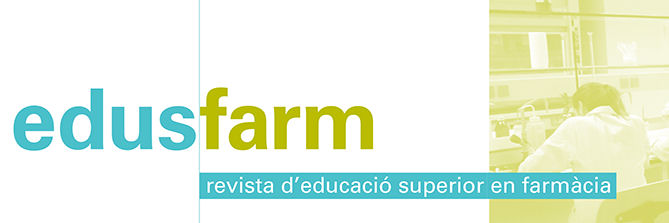Dynamic undocking and the quasi-bound state as tools for drug discovery
Sergio Ruiz-Carmona, Peter Schmidtke, F. Javier Luque, Lisa Baker, Natalia Matassova, Ben Davis, Stephen Roughley, James Murray, Rod Hubbard, Xavier Barril*
* Departament de Farmàcia i Tecnologia Farmacèutica i Fisicoquímica, Secció de Fisicoquímica
Abstract: There is a pressing need for new technologies that improve the efficacy and efficiency of drug discovery. Structure-based methods have contributed towards this goal but they focus on predicting the binding affinity of protein-ligand complexes, which is notoriously difficult. We adopt an alternative approach that evaluates structural, rather than thermodynamic, stability. As bioactive molecules present a static binding mode, we devised dynamic undocking (DUck), a fast computational method to calculate the work necessary to reach a quasi-bound state at which the ligand has just broken the most important native contact with the receptor. This non-equilibrium property is surprisingly effective in virtual screening because true ligands form more-resilient interactions than decoys. Notably, DUck is orthogonal to docking and other ‘thermodynamic’ methods. We demonstrate the potential of the docking-undocking combination in a fragment screening against the molecular chaperone and oncology target Hsp90, for which we obtain novel chemotypes and a hit rate that approaches 40%.




